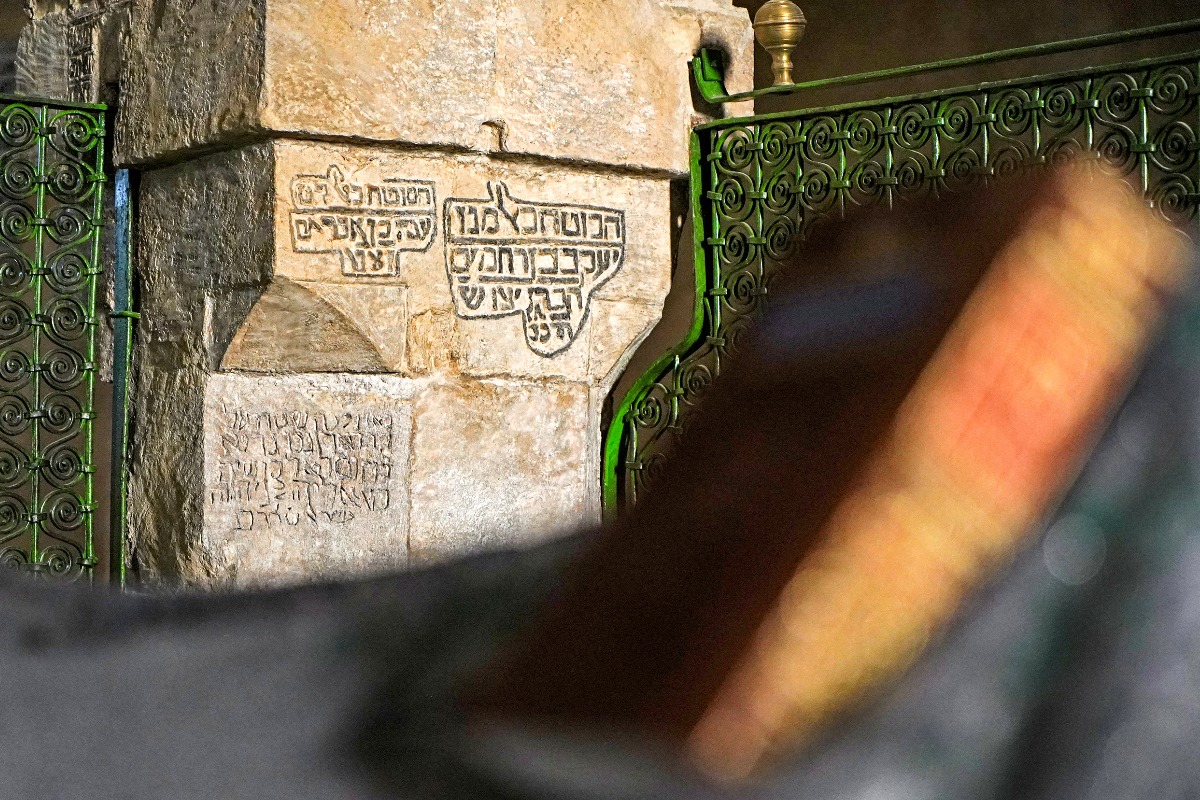

It is a fact that the Arab-Israeli conflict gave considerable impetus to the process that the British had set in motion during their mandate in Iraq. The Arab nationalists turned against their Jewish compatriots, which caused a severe identity crisis among the latter. Moreover, the anti-British public sentiment at the time made the Iraqi political leadership vulnerable to adopting Nazi ideology, so that the “ideas” of Nazism that were emerging in Europe also reached Iraq.
According to many, religious devotion and the establishment of the State of Israel were also important factors in the exodus of their community, but the Zionist organizations also facilitated the completion of the process by helping not only to organize but also to carry out the emigration. We must also not forget the global trends of the time, as Iraq was not the only country in the Middle East that lost its Jewish population. In addition, there was the incitement of hatred in the media, which turned the entire Muslim population against the Jews.
The factors just described have all contributed to the absence of a distinct Jewish community in Iraq today. However, it is a completely new development that in recent years many Israeli citizens of Iraqi origin have expressed a desire to return to their ancestral homeland and are also seeking to recover their family’s confiscated property. More than 70 years after their Iraqi citizenship was revoked and they were expelled from their homeland, some Jews from the Arab country have still not forgotten Iraq and are working hard to regain their Iraqi citizenship.
After the fall of the Ba’ath Party in Iraq in 2003, Iraq’s citizenship law was amended in 2006. The new law provides the right to restore citizenship to Iraqis who have lost it for political, racial, or sectarian reasons. However, 17/ II of this law specifically excludes Jews from exercising this option. The demand for the right to citizenship is a “moral issue” for Iraqi Jews. They are not necessarily thinking of returning to Iraq, but they clearly want to reconnect with their former homeland. Recently, world-renowned Israeli writer David Basson also commented on this issue: “Iraqi Jews still feel a strong sense of belonging to the country where they and their parents and grandparents were born.”
However, Iraq’s current political leadership is unwilling to make peace with Israel, making it much more difficult to enforce the rights of Israelis of Iraqi origin. The Arab country in the Middle East is by no means considered independent due to its domestic and foreign political situation, as its most important decisions are influenced by other, foreign powers.
And there are calls for normalization of relations between Iraq and Israel. Thus, in September 2021, at the initiative of more than 300 prominent figures, a meeting was held in northern Iraq to discuss, among other things, that relations between the two countries should be regulated and that Iraq could even join the so-called Abraham Accords in the near future. The meeting took an interesting turn as the participants were threatened with prison sentences during the event.
The backlash is not coming from ordinary Iraqi citizens, but from Iran and its Iraqi militias, which want to use the country as a platform for attacks against Israel, the United States, and others. In an Iraq free of Iranian influence, it is by no means certain that they would have reacted so violently to the possibility of joining the Abraham Accord. For the past two decades, the political direction of the Persian state has determined Iraq’s decisions. Until this situation changes, the obstacles to the aspirations of citizens with Iraqi ties living in Israel will continue to seem insurmountable.
The author is a researcher at the Eurasia Center of John von Neumann University
This article has originally been published by The Times of Israel